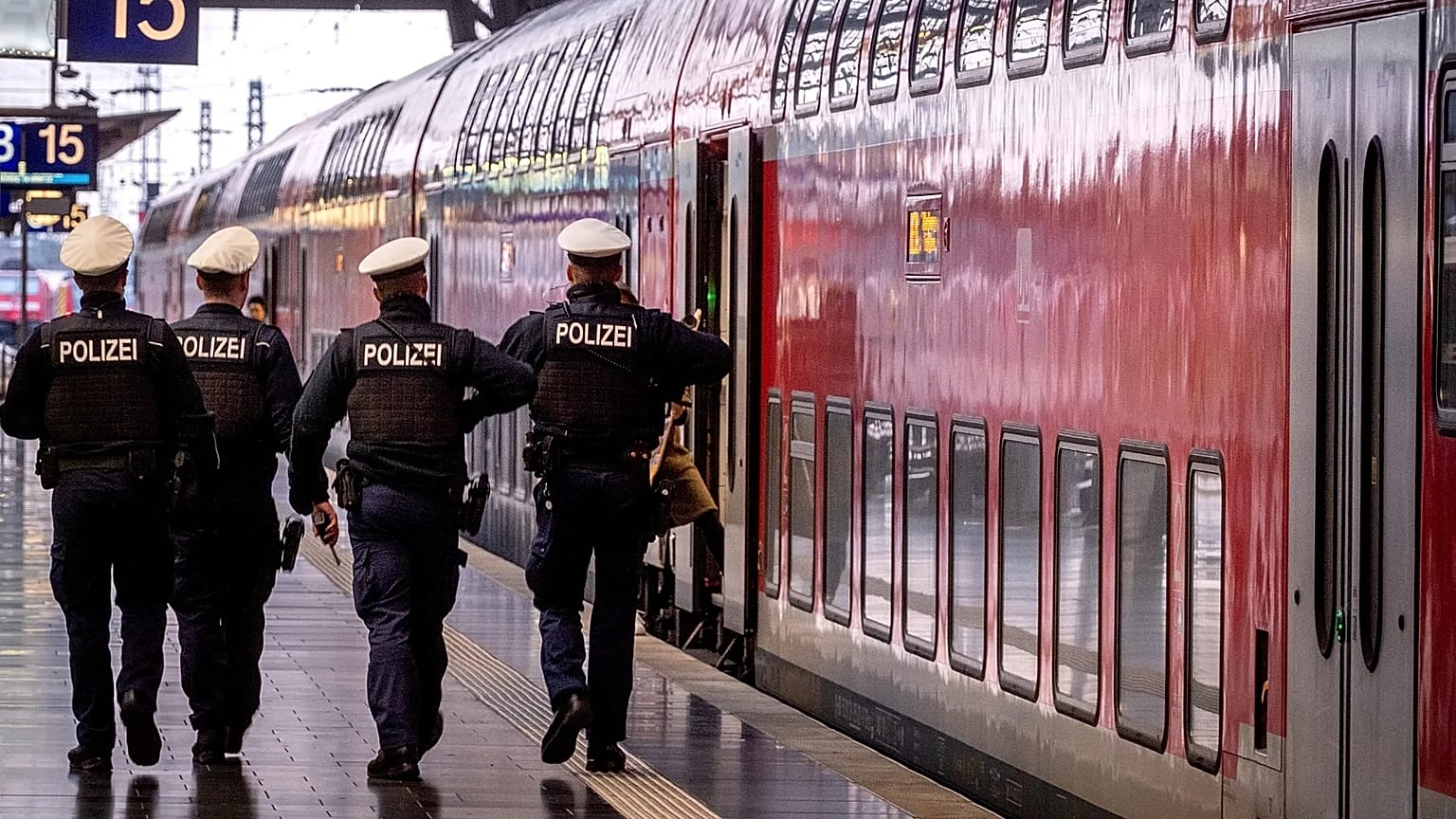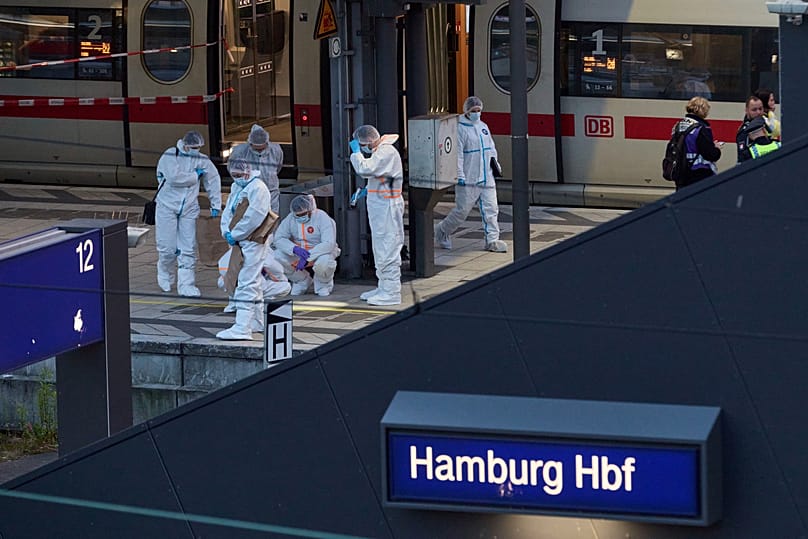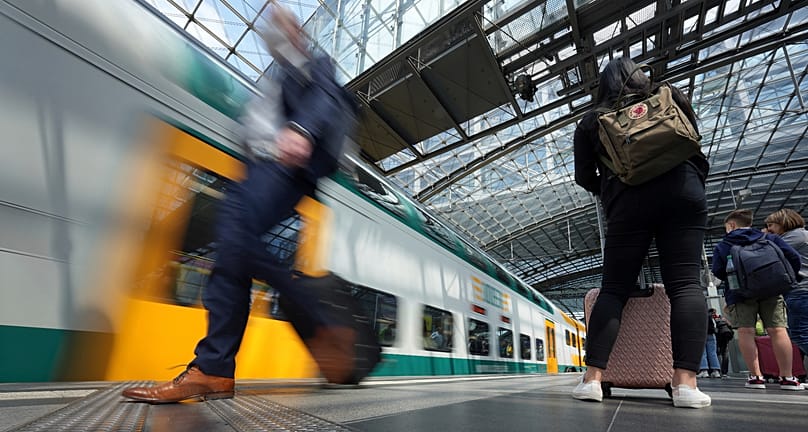Violent crime at German railway stations showed a marked increase in 2024, with Berlin's central station recording the highest number of incidents. Federal Police and Deutsche Bahn are intensifying security measures to combat the issue.
Violent crime at German railway stations rose 6% in 2024 compared to the previous year and has surged 51% since 2019, according to the Federal Police's annual report published this week.
 ADVERTISEMENT
ADVERTISEMENT
 ADVERTISEMENT
ADVERTISEMENT
Federal Police recorded 27,160 violent offences at train stations and on trains last year. That amounts to an average of 74 violent crimes per day across Germany's rail network.
Sexual offences also increased sharply, with cases of exhibitionism, sexual harassment and rape rising 19.2% to reach levels affecting both major cities and smaller rural stations.
Total offences at stations and on trains fell 10.1% to 381,894, largely due to fewer violations of the Residence Act.
Previously released data showed that Berlin's central station recorded the highest number of violent incidents with 764 cases, followed by Dortmund with 735, Hanover with 715 and Cologne with 703, according to the federal government.
"The report worries us," Manuel Ostermann, deputy chairman of the Federal Police Union, told Euronews.
"The number of offences overall has fallen, but where it really matters - violent and sexual offences and violations of the Weapons Act - things are looking bad."
Overall crime in Germany fell 18.8% to around 640,000 registered offences, though violent and sexual crimes rose 6.6% and 13% respectively. The figures reflect reported offences only and do not indicate prosecution or conviction rates.
Male, drunk, from abroad
Ostermann attributed the rise in violence partly to "marginalised" youth left without adequate social support infrastructure. He cited overwhelmed families, rising domestic violence and drug use as contributing factors.
"Extremists are good at taking young people under their wing," Ostermann said. "The debate actually starts at home."
He also pointed to migration patterns, noting that perpetrators are predominantly male and, relative to the overall population, disproportionately from top asylum-seeking countries.
The report shows approximately 79% of perpetrators are male, half were under the influence of alcohol or drugs, and just over half (53%) were not German citizens.
Federal Police and Deutsche Bahn have responded with increased patrols, interrogations of dangerous persons, weapons-free zones and 11,000 surveillance cameras.
Ostermann called for Deutsche Bahn to deploy more security personnel and accelerate station modernisation. "Well-lit and clean railway stations would increase the sense of security and possibly lead to fewer criminal offences," he said.
Bottles, rocks and everyday items
Attacks on federal police officers remained near record levels, dropping slightly from 2,979 in 2023 to 2,967 last year - the second-highest figure since records began in 2001. Some 804 officers were injured.
"Every attack on the physical integrity of our civil servants is an attack on our society as a whole, on our peaceful coexistence," Interior Minister Alexander Dobrindt said.
Most attacks involved physical violence including kicking, punching, spitting, biting and head-butting. In one in eight cases, perpetrators used objects as weapons, most commonly bottles, rocks and everyday items.
Ostermann praised Dobrindt's work but said security failings over the past decade have created problems. "We will be looking at dark years in terms of security. More cameras are good, but if the technology, the legal framework and the personnel are missing, you have problems," he told Euronews.
He criticised poor cooperation between federal and state governments on security issues, citing neglected schools as an example. "It will be a sprint (the length of) a marathon to rebuild this," he said.

















